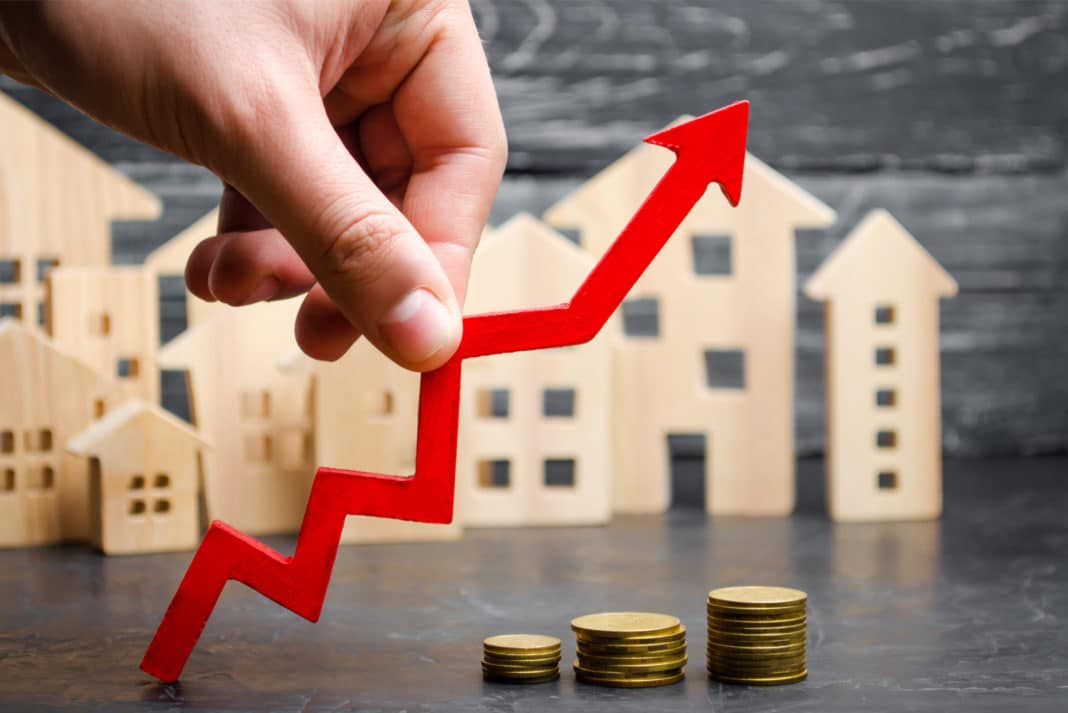When buying a development site, you might want to look beyond the open market. Find out if scratching beneath the surface might be a good idea for your next project.
As a developer, you should always be on the lookout for new opportunities. But do you know where to look?
Most developers assume that the only way to find a new site is to look at what’s getting advertised. And often, you’ll go online nowadays to find sites and properties on the open market.
But doing so can cause you to miss out on profitable deals.
Properties for development are often high-profile deals, which are perfect for going off-market. On-market sites might limit you to what’s publicly available, masking many potentially lucrative deals.
In short, going off-market means that you’re buying or selling a property without advertising it.
There are many reasons why a seller might choose to not go public with the property. For instance, they usually reserve their properties for serious developers whose goals align with theirs.
Now, this doesn’t mean that you should start asking around right away. Both on-market and off-market purchases come with specific benefits that you should weigh before you make a decision. Or, at least wait till you have compared both sides of the property market coin…
Three Reasons to Go Off-Market
The advantages of going off-market extend beyond just unlocking more opportunities. Here are some of the key benefits that you can expect:
1. Less Competition
On the open market, you often have multiple investors looking to buy the same property. And the competition can often be fierce, which can put you under a lot of pressure.
This is rarely the case with off-market sales. By nature, off-market properties are a lot less exposed to the mainstream investment community. As such, they’re often reserved for those who can dig deeper for a good deal.
This lack of competition results in another huge benefit – possibly lower prices. When a site or property is in high demand, you have to outbid your competitors to win. And doing so can make you overpay for the property. But if you go off-market, you could save a lot on your deal.
2. You Can Speak to the Owner More Directly
Sellers who publicly advertise their properties often have someone doing it in their name. In most cases, they’ll have an agent who will handle everything and act in their best interest. And this might prevent you from finding all the information you need.
Contrary to popular belief, off-market sales can sometimes involve agents as well. But the communication is much more flexible and direct than with on-market properties. You have a better chance of connecting with the seller, which comes with many advantages. You can learn more about the property, perhaps avoid agent fees, and negotiate a better price in some cases.
3. You Have More Time to Conduct Due Diligence
Due diligence is a critical part of buying any property – it can make or break your project. Without proper due diligence, you might pull the trigger on a property that doesn’t suit your goals.
That’s why it’s essential to take your time when buying a property. And this is much easier off-market. On-market sites and properties, meanwhile, require you to act quickly. Otherwise, a competitor might steal the deal.
Generally speaking, off-market deals are much more relaxed and often last longer. The seller will likely give you the time you need to check every important box. The result will be a higher degree of confidence in your final decision.

Three Reasons to Stick with On-Market Property
There’s no doubt that off-market properties come with many appealing benefits. But this doesn’t make them universally better than their on-market counterparts.
Here are why you might want to stay in the open market:
1. It’s Difficult to Determine the True Value of an Off-Market Property
In most cases, you’ll buy a development property to build and sell on. The issue is that this can get complicated if you go off-market. On-market sites and properties show a much clearer picture of your potential profit down the line.
How so?
When you buy off-market, it’s tough to know the true market value of a property. As a result, predicting what will happen when you try to sell can be more difficult. It’s harder to work out its future performance
Luckily, you can sometimes buffer this disadvantage through diligent market analysis.
2. You Might End Up Overpaying If You’re Not Careful
It’s true that going off-market can save you money from less competition alone. But it doesn’t mean that sellers won’t attempt to overcharge.
If you don’t have the insights, you might end up with a property that isn’t worth as much as you think.
What enables this further is the aforementioned absence of market comparison. So if you do decide to go down this road, make sure to research the market with care.
3. Some Sellers Are Just Testing the Market, Rather Than Aiming to Sell
This is one of the more frustrating situations you can find yourself in. You see a property that suits your needs and start to seriously consider it.
But somewhere along the way, the seller drops out of negotiations and refuses to sell.
In many cases, this happens because they weren’t all that serious in the first place. If you can’t determine whether a seller is serious or not, your time and resources spent researching will go down the tube.
Be Careful When Going Off-Market
Experienced investors know that some of the best deals are off the market. And you can now see why this is the case.
You wouldn’t want to go down this route until you know how to analyse the market. If not, you might run into the aforementioned problems.
If you’re not sure where to find your next property or development site, Archistar can help. The platform helps you find profitable development sites, highlighting the ones that match your criteria. Just filter your search and you can find the next site for your project.
Get started for free: [https://test.archistar.ai/]

